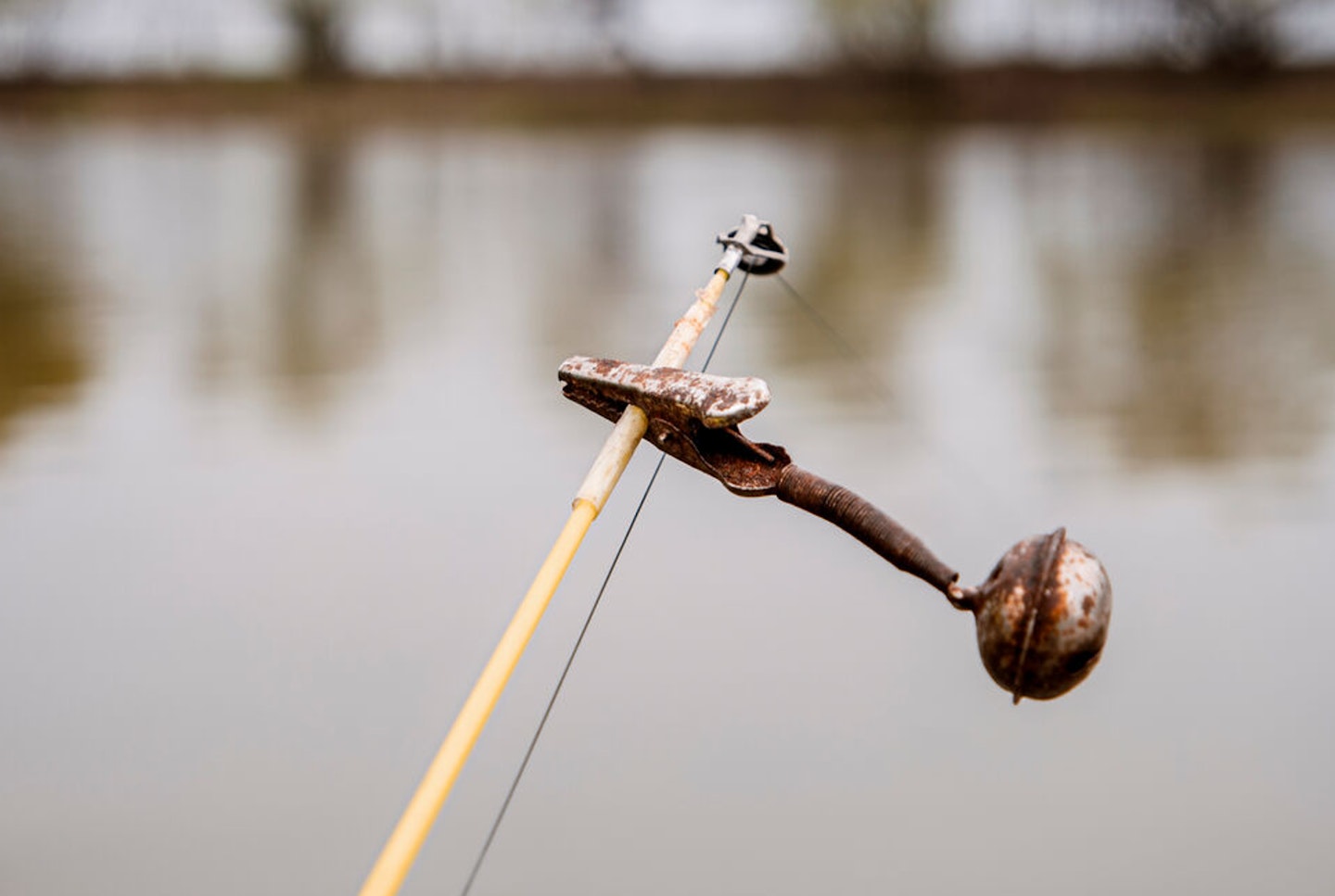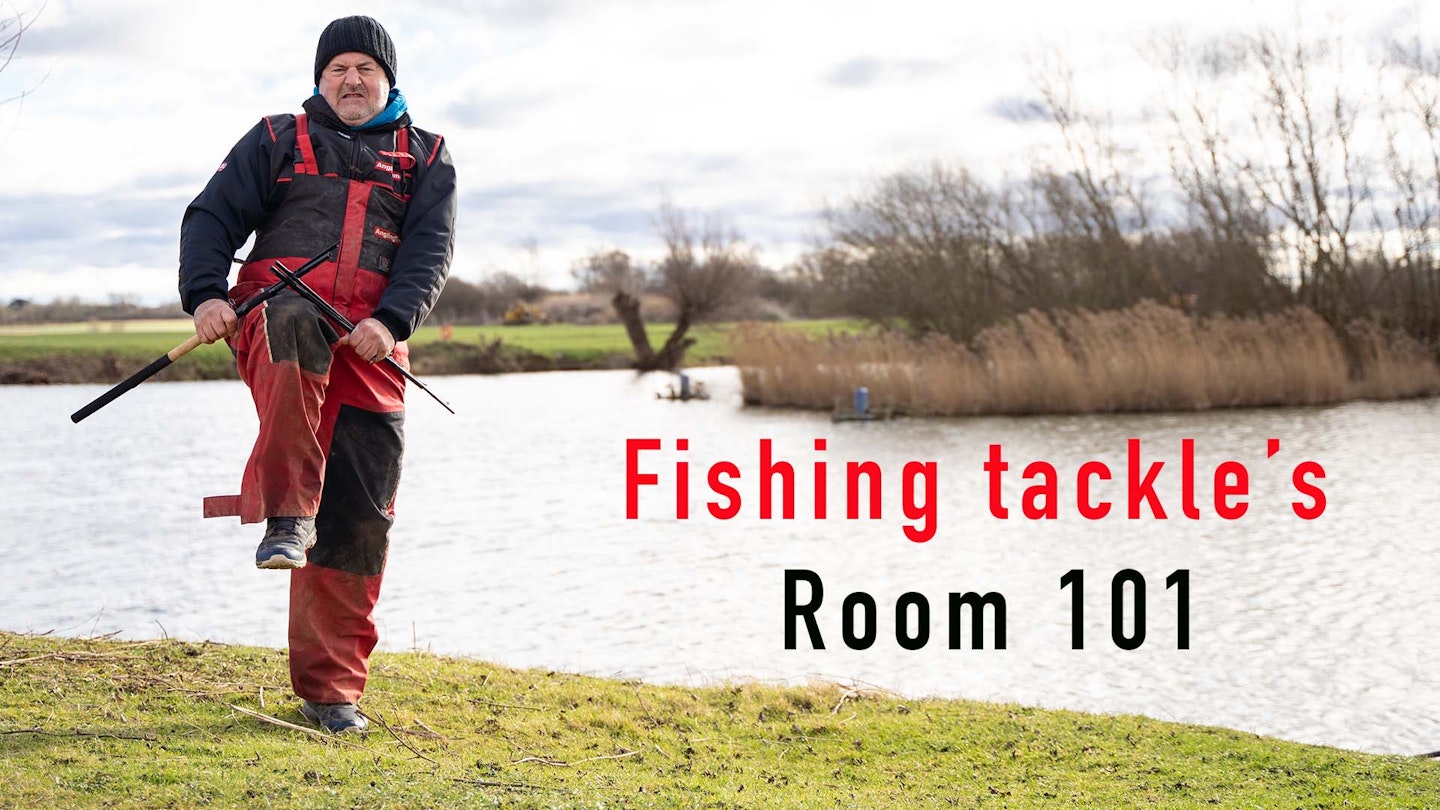Ask any lifelong angler about items they’ve frittered their money away on over the years and the answers range from the hopeless to the hilarious.
Technology is always changing, so it can be a little unfair to compare the crude rods and creaking reels of yesteryear to today’s models. Then again,
some pieces of kit were dire even 50 years ago. From woeful accessories, to gadgets that should never have got beyond the back-of-fag-packet stage, here are some beauties best left in the loft.
Rods, reels and wreckage
Taking the sport to its essentials, fishing rods were once a hopeless lottery compared to those of today. Especially shocking were early glass fibre rods, which were so thick and heavy they made your forearms ache within five minutes, while anything telescopic tended to be sloppier than rice pudding.
On the reel front, there are numerous line-twisting, meltdown-prone offenders, and even the biggest names were guilty. Allcock & Co’s OTO reel was an especially shoddy example.
Disastrously combining French Felton Crosswind and Malloch Side Caster designs, it wobbled horrendously. Ironically, it was so regularly binned that surviving models have fetched prices touching £400, according to vintage tackle expert Chris Sandford!
Moving on to later reel innovations, prototype freespool reels could also be particularly bad.
We can think of one or two big-brand models that must have lost several anglers their fish of a lifetime!
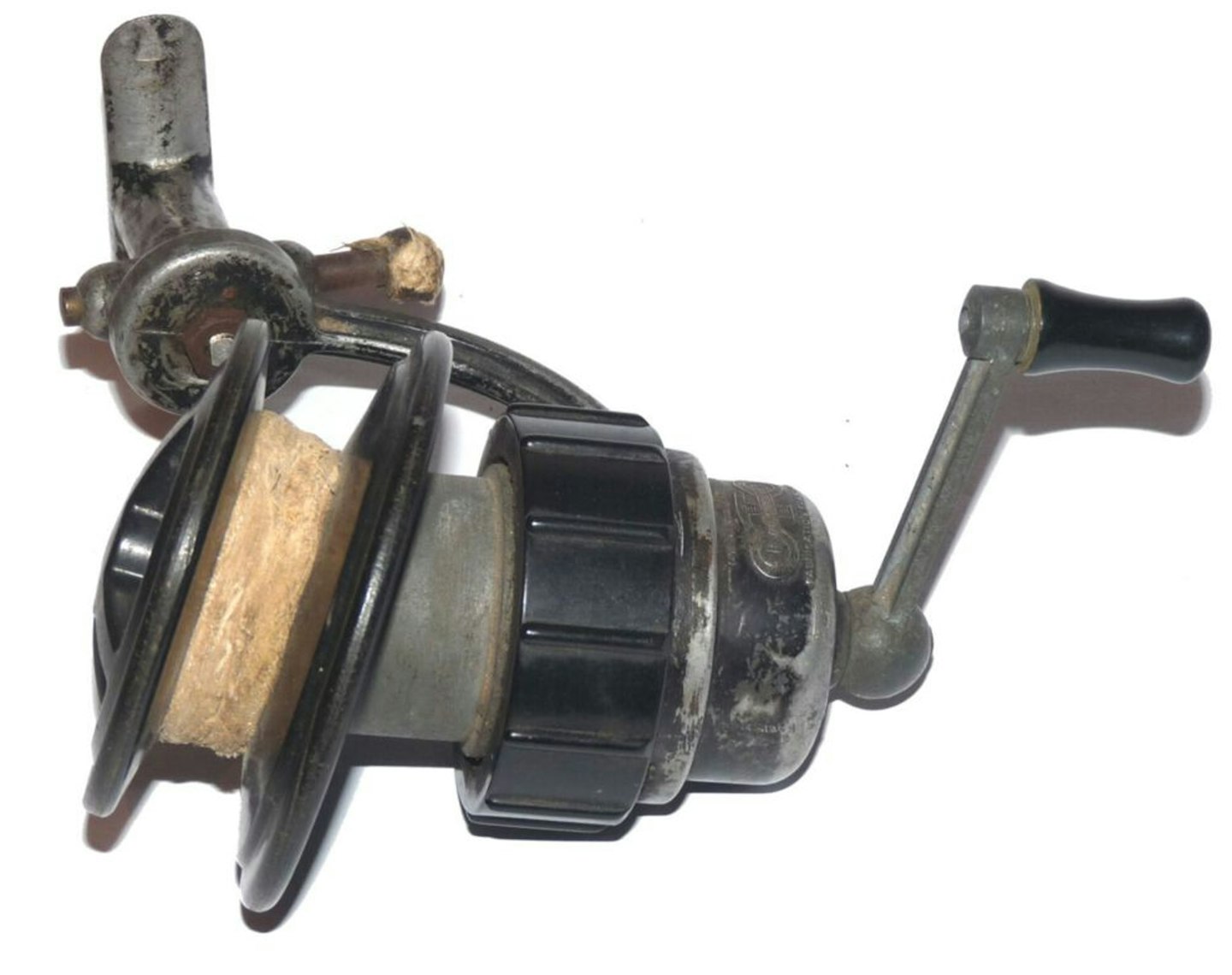
Whose line is it anyway?
Spare a thought for everyone let down through the years by that most vital connection of all, fishing line. Just ask your dad,
and it’s probably a good job that “they just don’t make ‘em like that any more!”
Gliss was particularly loathsome. Not only did it come off the spool about as limp as a Slinky, but would basically snap if you looked at it funny. Many anglers reported similar on-the-bank woes after spooling up with Climax…
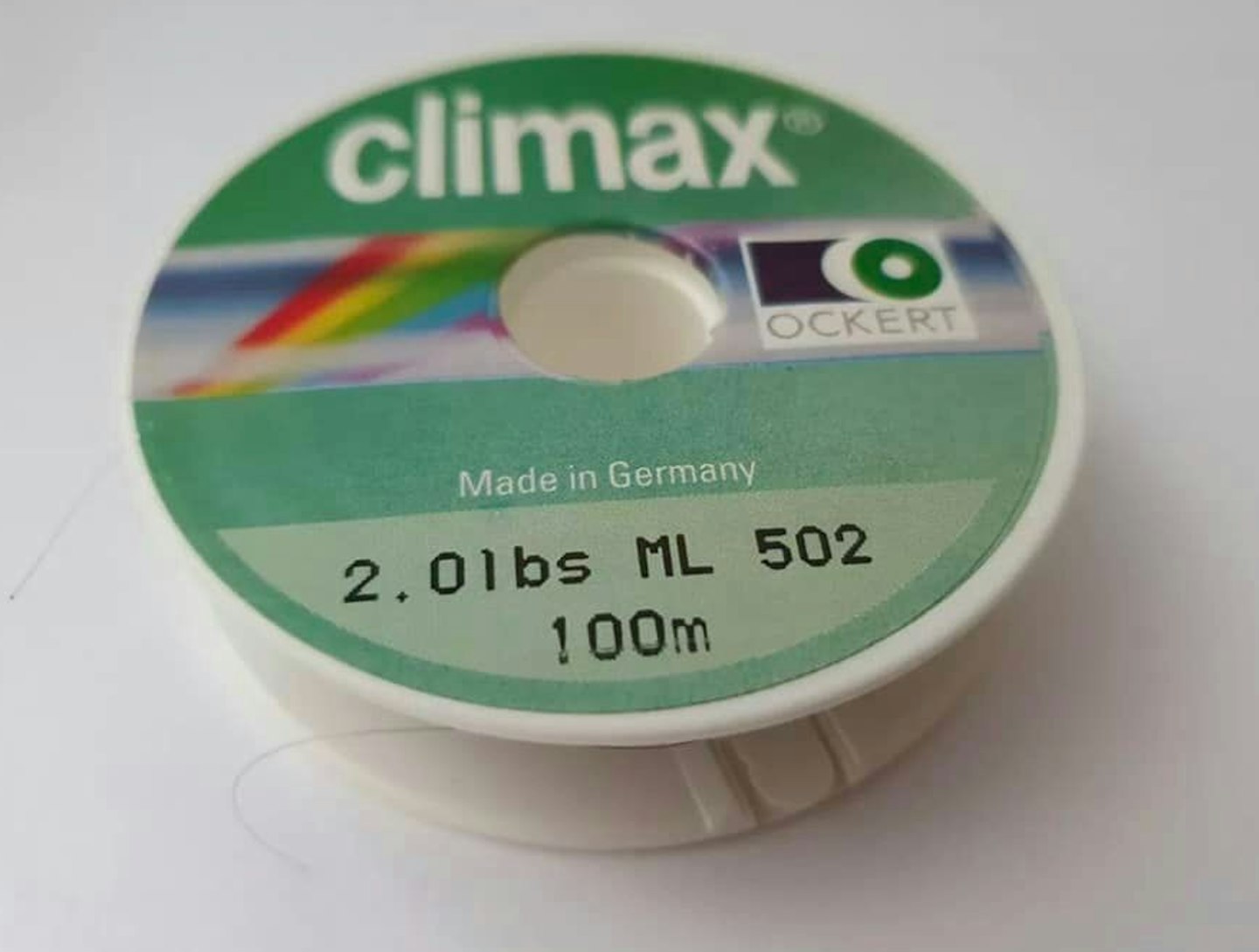
Poor lures
Of the thousands of lures produced, some are inevitably duds. 1980s pike plugs could be especially rubbish, with a build quality about as tough as Weetabix. The jointed pike plug I got one Christmas was so shoddy it split in two on its first hook-up! Luckily, the same fish fell for a spinner two hours later and the offending item was removed.
Don’t think for a minute that today’s items are all kosher, however, because a ton of low budget copies are out there. One European producer once told me he’d found blatant Chinese-made copies of his company’s finest spoons – only they hadn’t added any curve, rendering them pancake-flat and devoid of action!
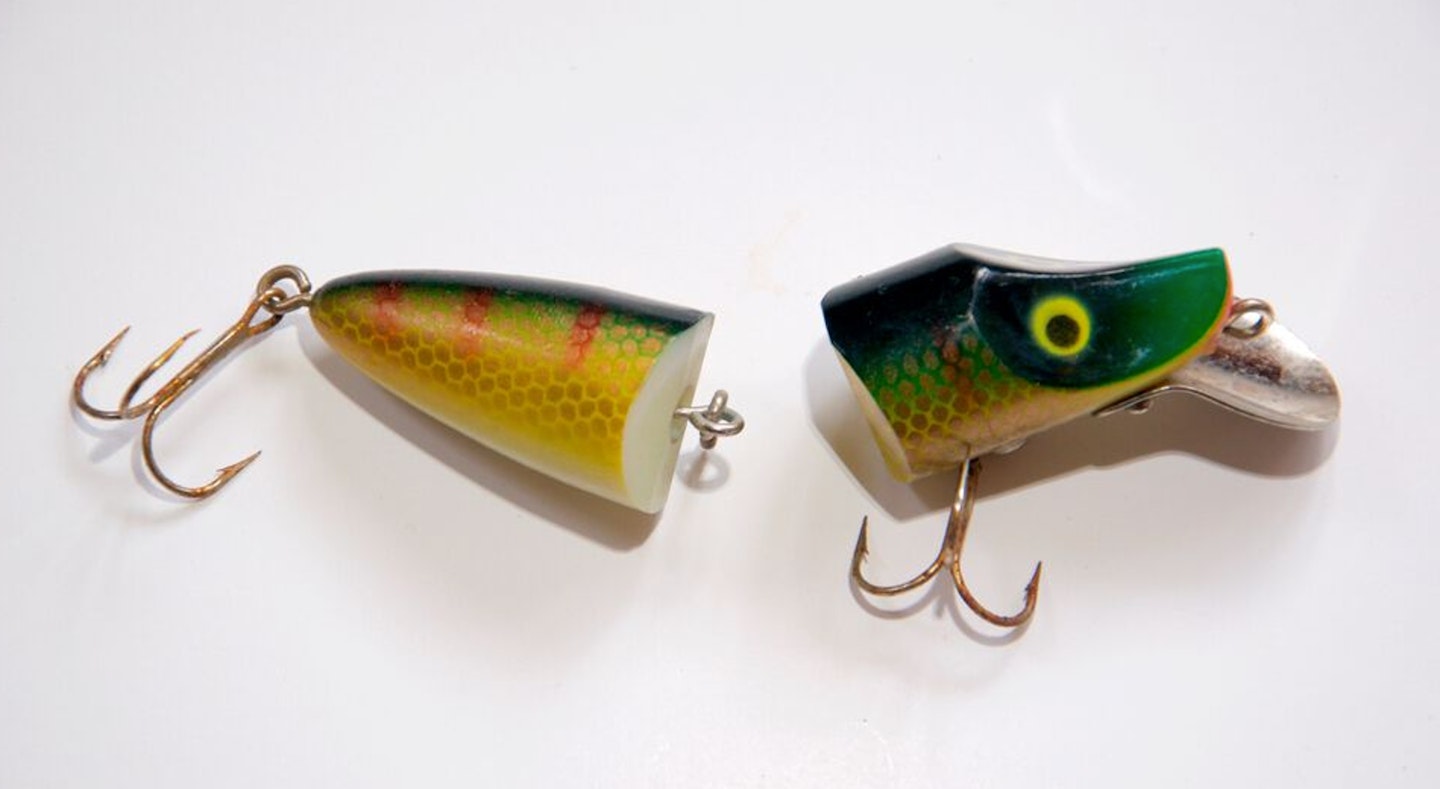
Gadgets galore
Anglers love a gadget. Tellingly, however, very few remain in fashion for long. Possible exceptions include bite alarms and fish finders, although today’s versions make the originals look positively Stone Age.
Some early bite alarms were particularly prone to unwelcome and random outbursts, while others would signal a bite... and then keep on screeching uncontrollably long after the fish had been landed, unhooked, photographed, and the pictures developed.
Getting loosefeed to fish has been a particularly fertile area for inventors. Remember the Pole Shuttle, the little device that ran down your pole at high speed to deliver a payload of bait with all the subtlety of a car crash?
Or perhaps you preferred the 1970s Mabby Bait Boat? Probably not, considering that in spite of star endorsements from Ivan Marks and Benny Ashurst, it was so flawed that it never even made it to the shops!
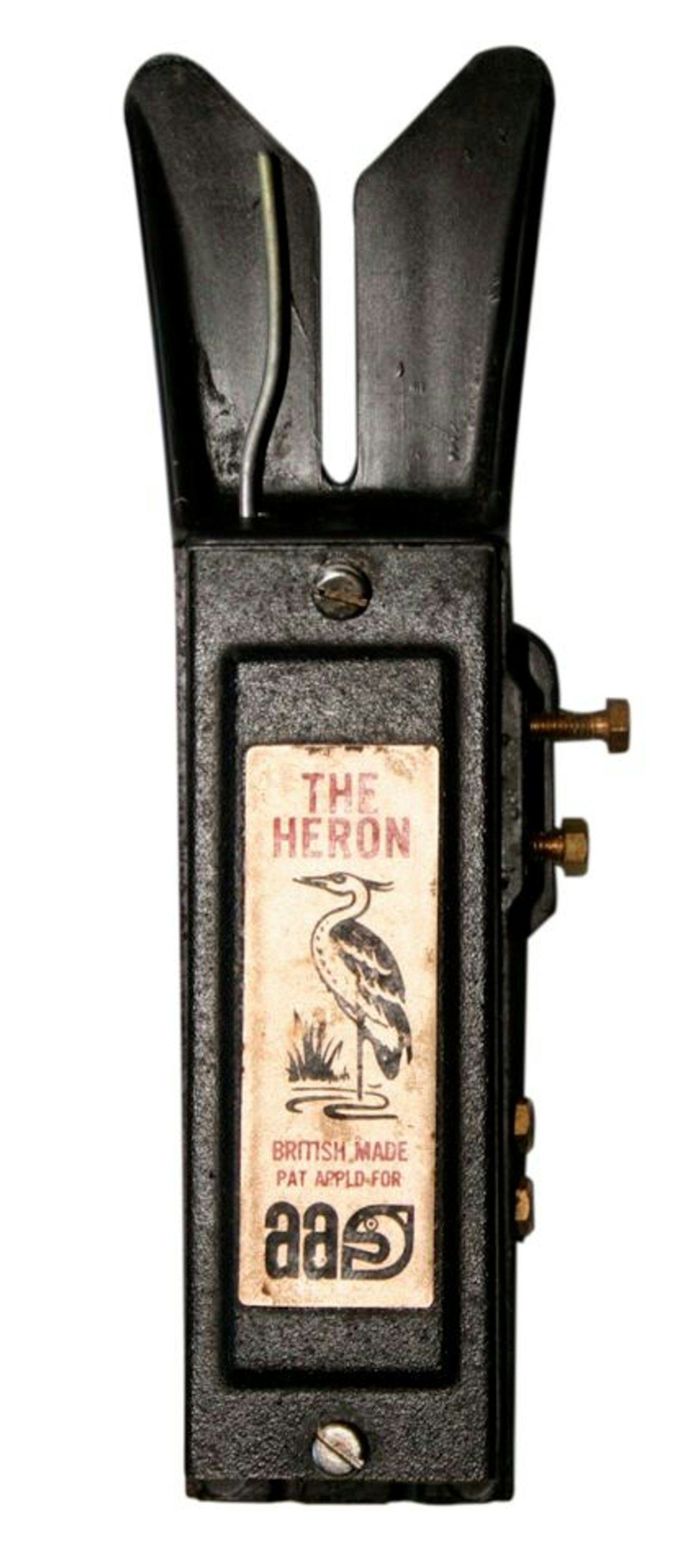
Floats, rigs and bits
While things like wagglers, stick floats and pole winders are timeless, various other items were fads that quickly faded. Newark Needle Floats were one example, being famously fiddly and tangle-prone, although a certain angling weekly bigged them up for a while (ahem!).
Unhooking tools have also had a chequered past. Metal disgorgers and pike gags added an authentic medieval feel to the business of unhooking fish, while the less said about gaffs the better.
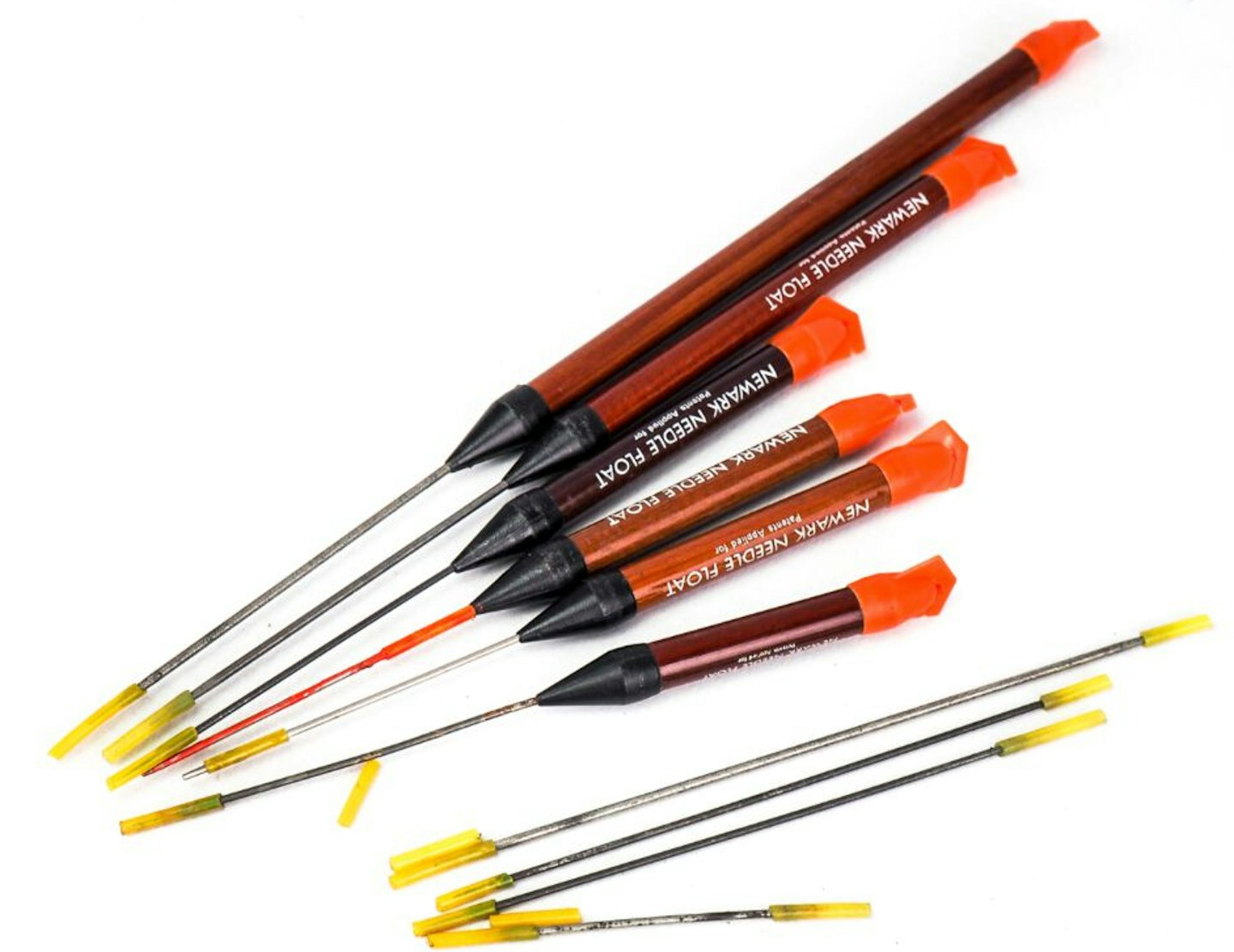
Some novel ideas just never caught on. Remember these?
Alarming bite alarms!
Always losing your buzzers? How about one that fits direct to your carp rod? The ‘On-rod’ alarm was a neat idea in theory, but it never really took off.
Another old school contender, the crude clip-on bell (or Bellkim, as some call it) might get some laughs, but it’s still used by a minority of sea anglers, catfish fans and even big-river carpers!
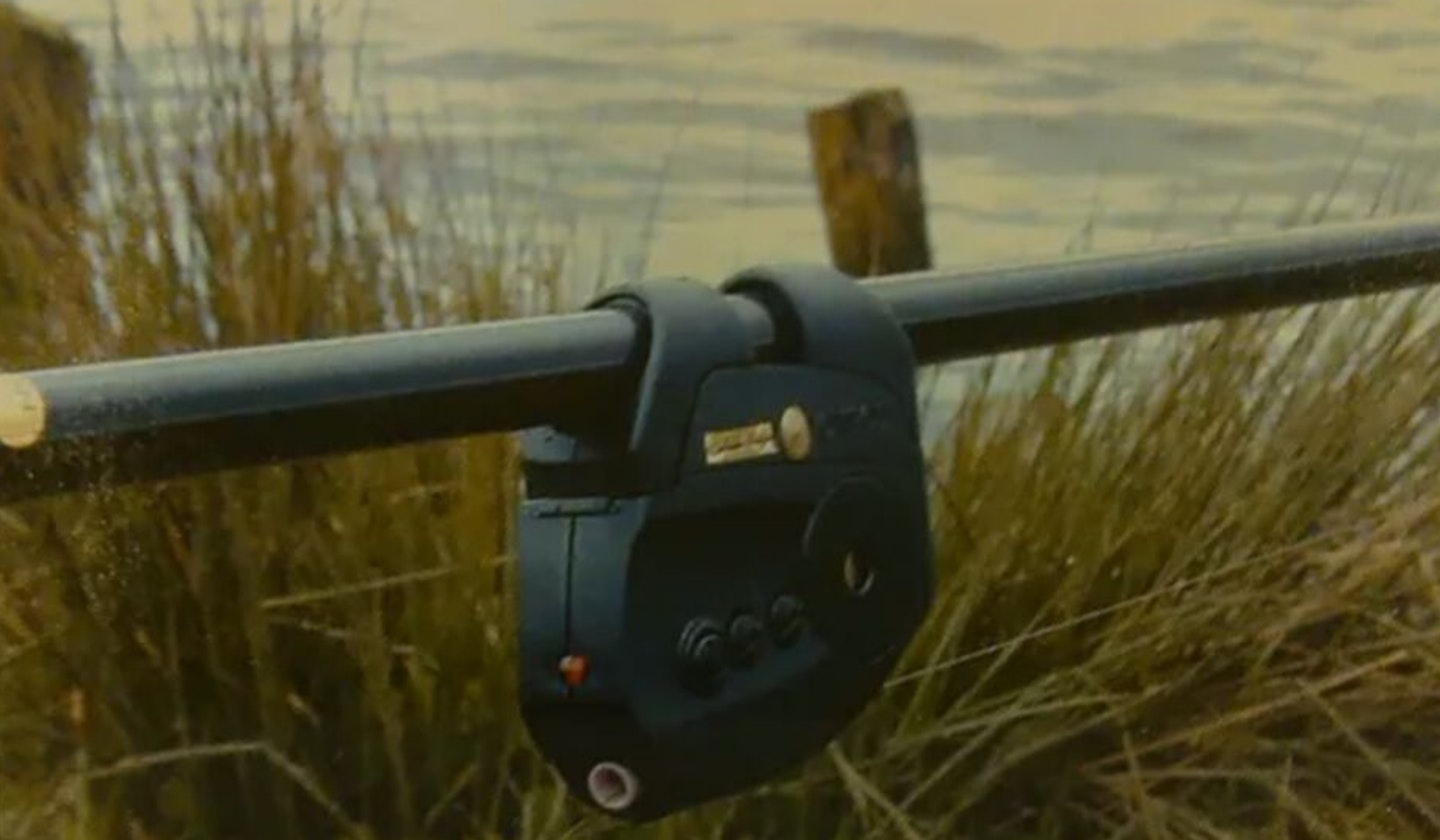
Oval blanks and line-thru rods
Never mind reinventing the reel, some inventors did it with rods. Oval blanks, such as the Shimano Aerocast range, were one idea – they gave a more forgiving action and retain some fans today. Even more radical was the idea of hollow rods that took your mainline internally, with no rings! Both had merits, but didn’t catch on.
Striking a blank?
The Auto-Striker was another bright idea to fall flat. Before bolt rigs became the norm, a spring-loaded device was touted to self-hook fish back in the 1960s. Designed to sit near the hook, like a kind of fishy mousetrap, it was never as efficient as… well, an angler using a much older invention (their arm).
